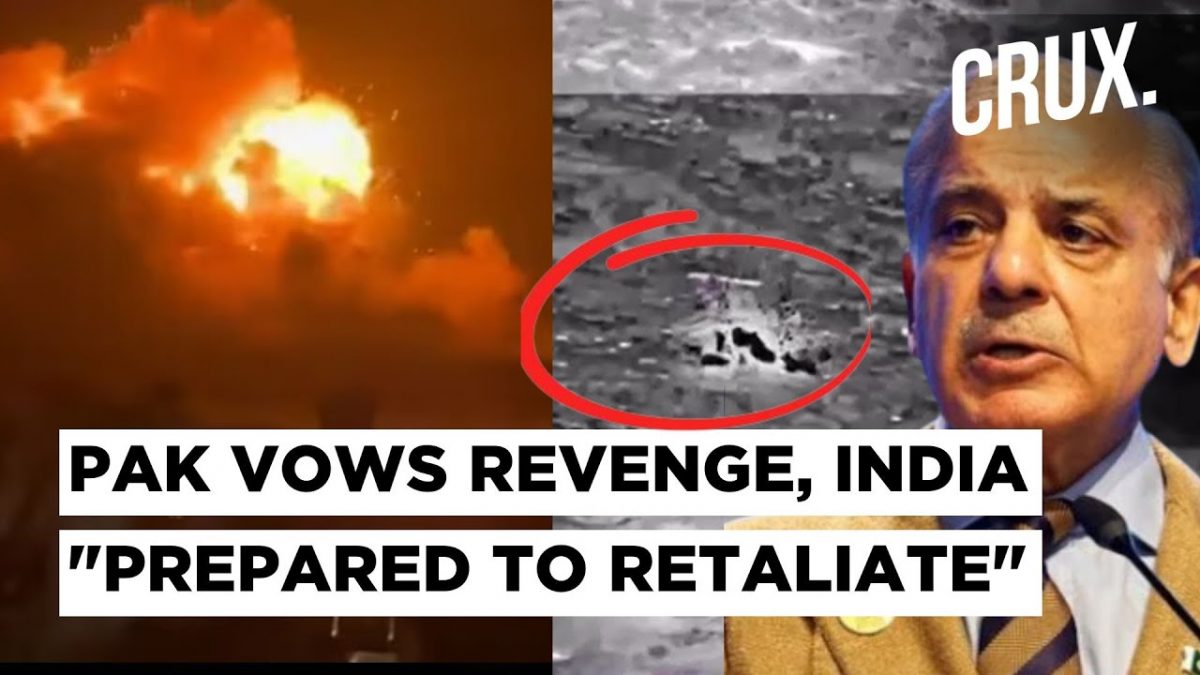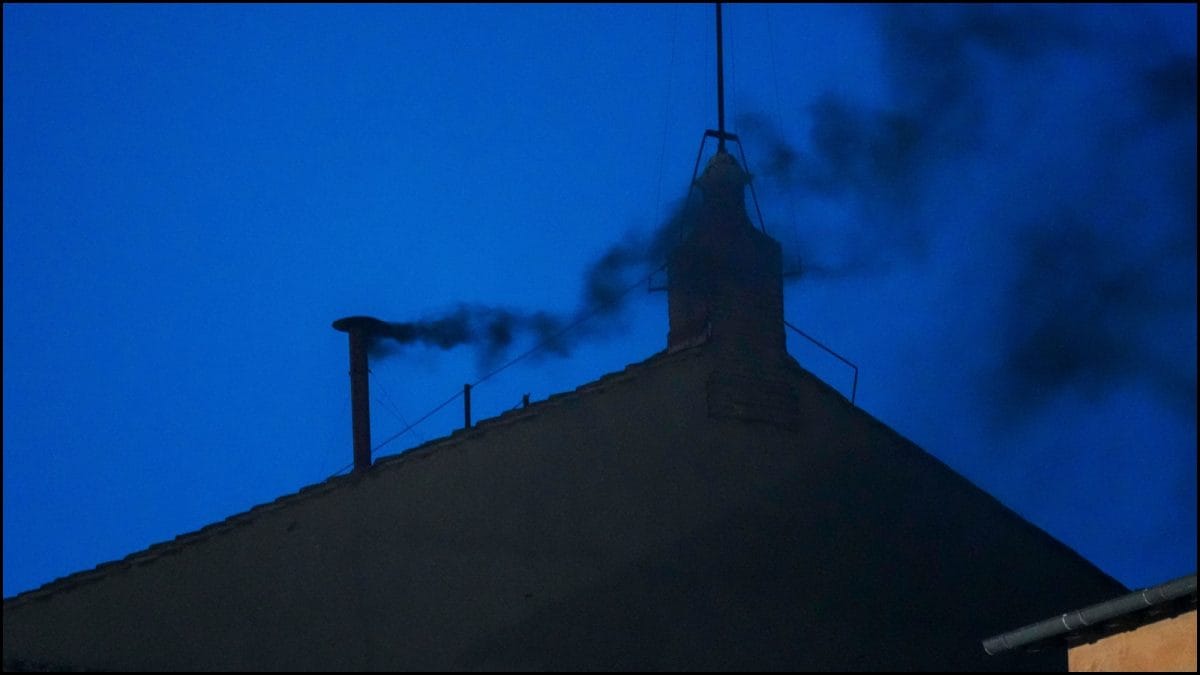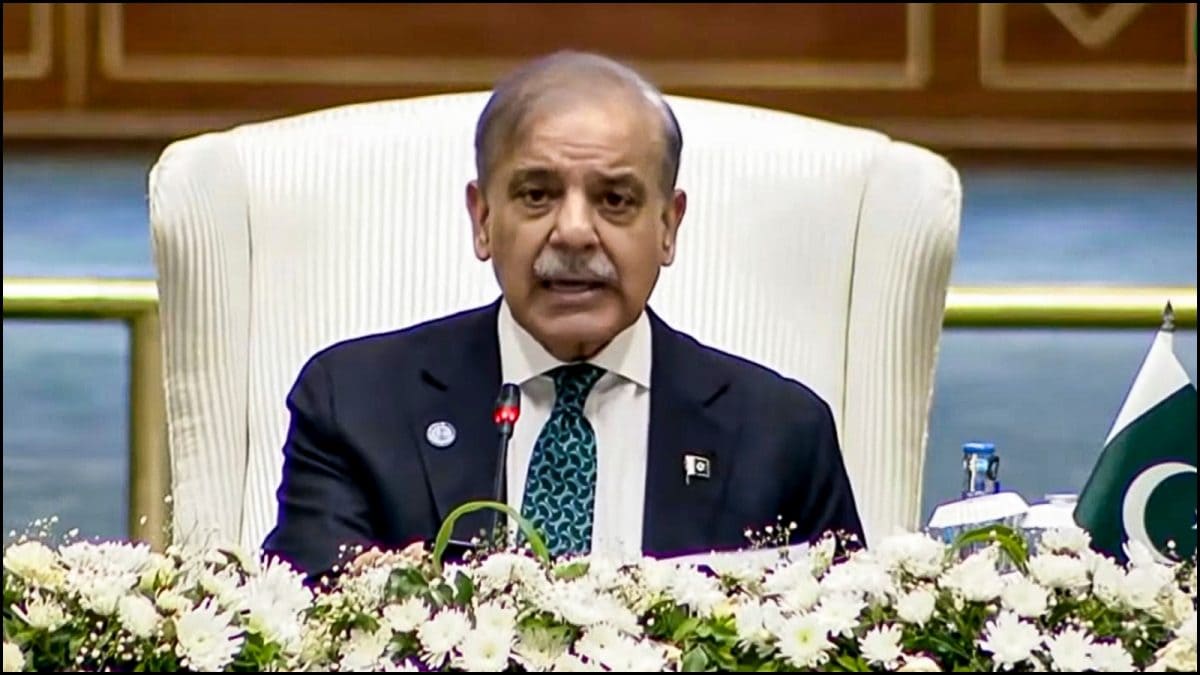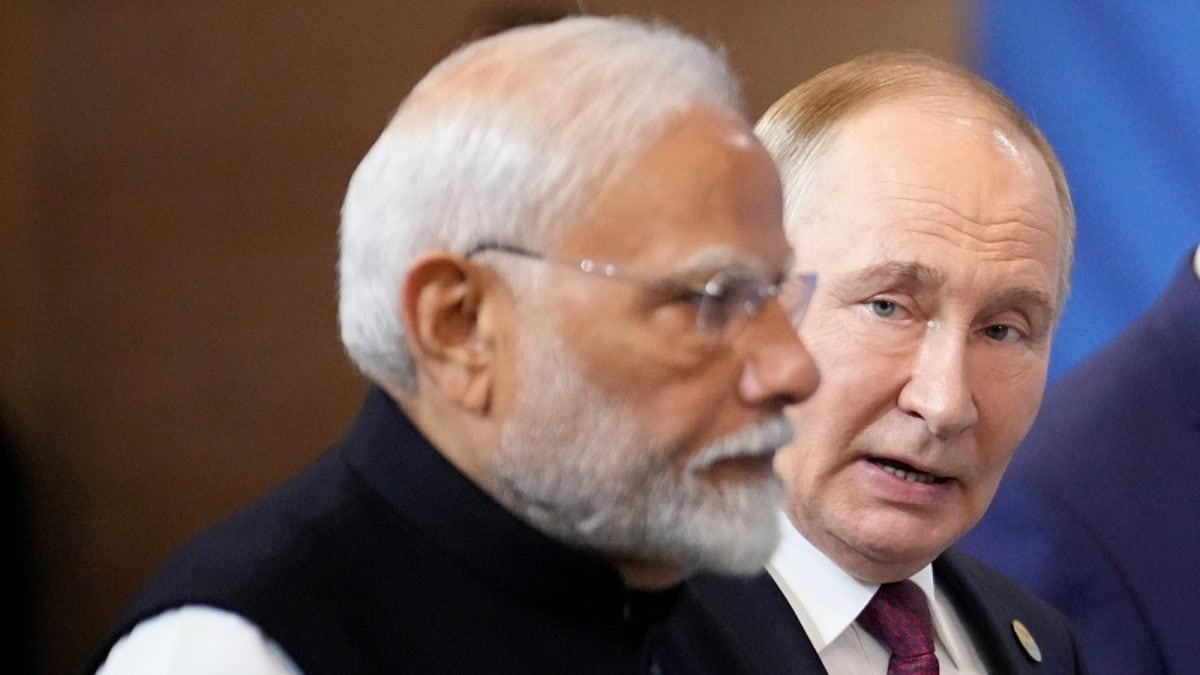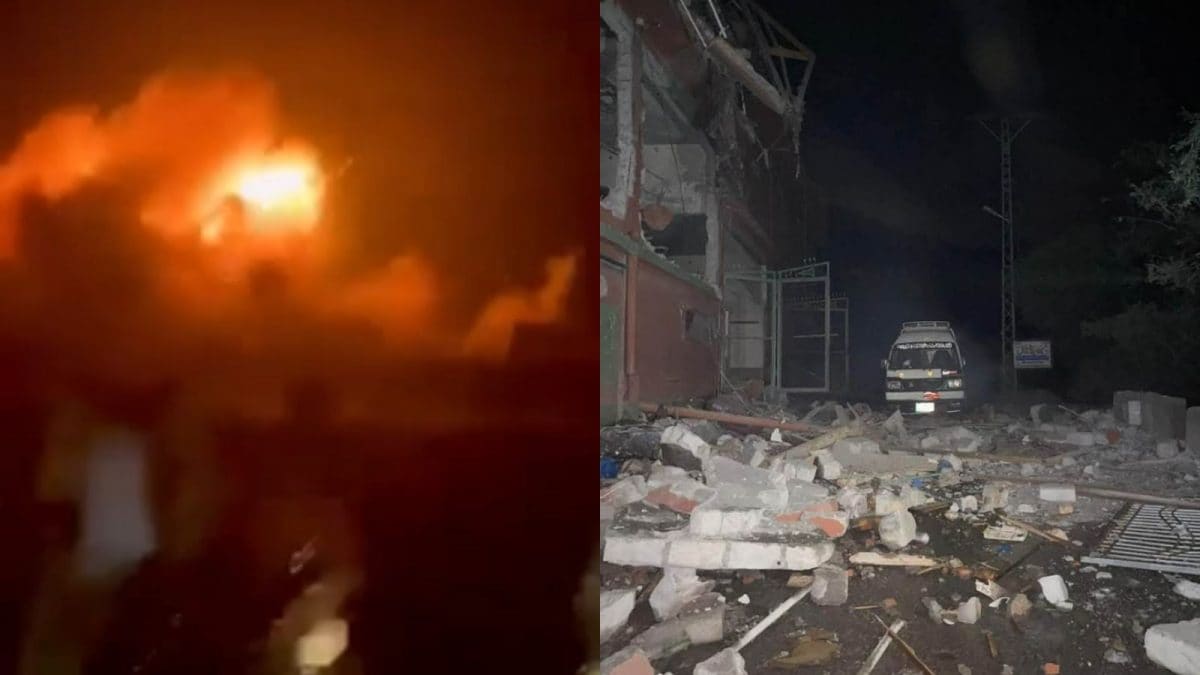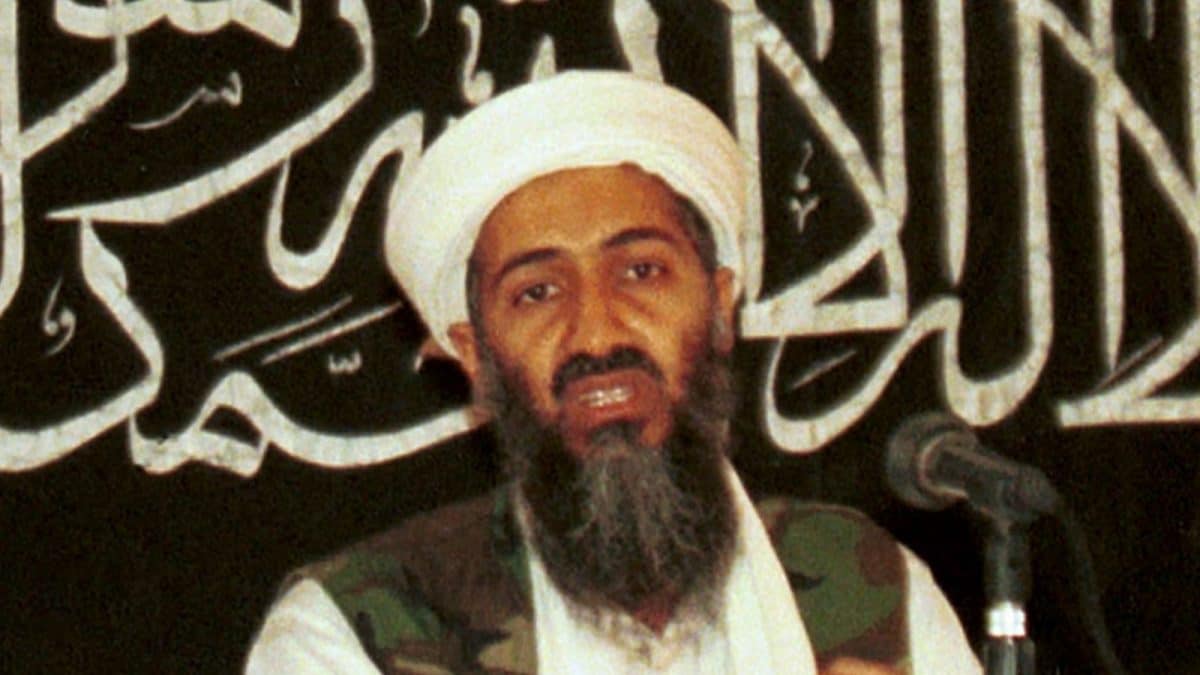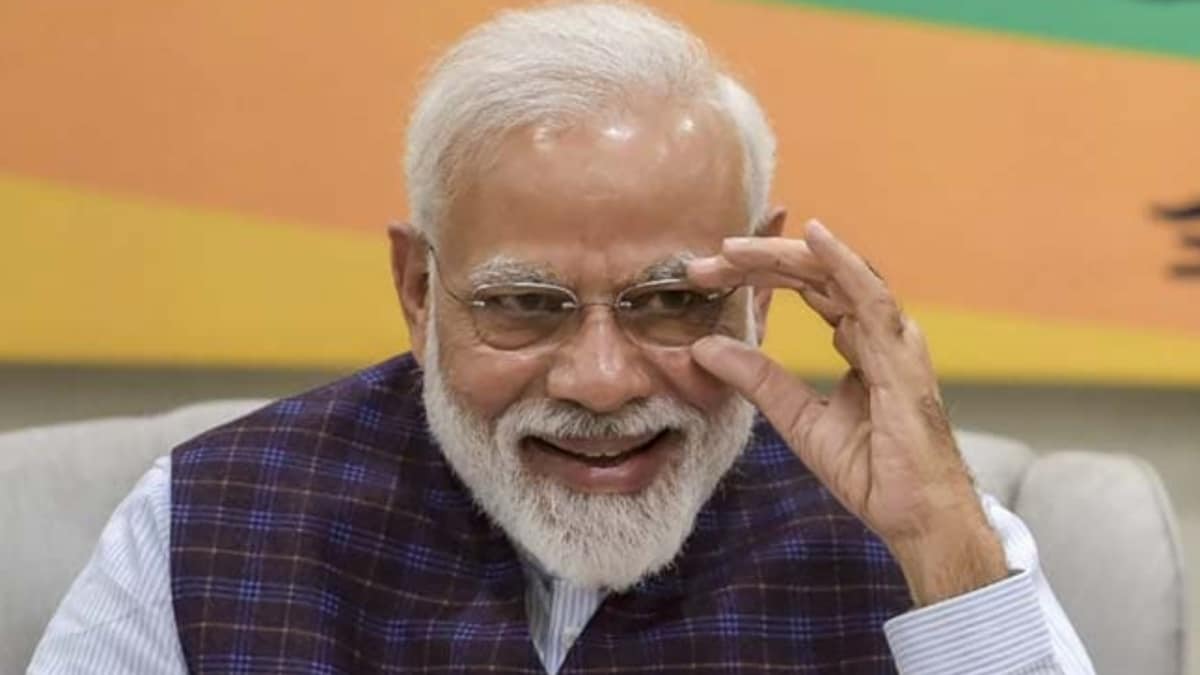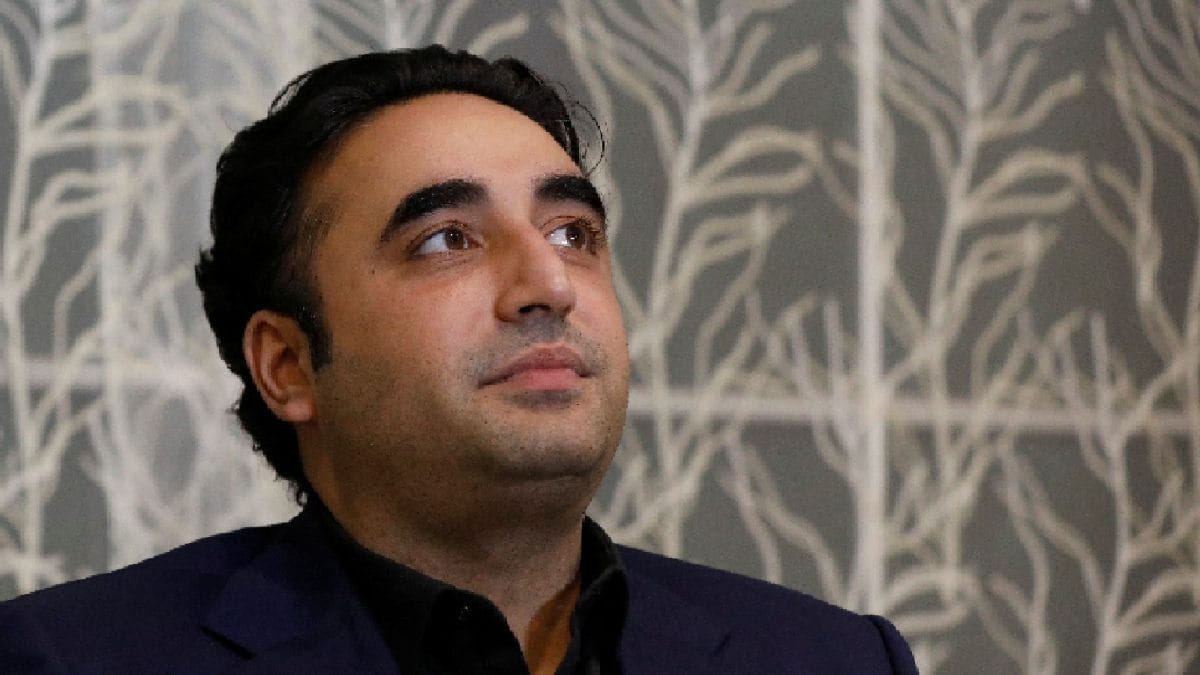Last Updated:May 07, 2025, 09:38 IST
On Tuesday night, Indian missiles struck nine terror camps in Pakistan and Pakistan-occupied Kashmir, two weeks after cross-border terrorists killed 26 people in Kashmir’s Pahalgam

Indian launches 'Operation Sindoor' to hit terror bases in Pakistan and PoK | Image.X
Operation Sindoor, India’s decisive action to strike terror bases in Pakistan and PoK, has made the world community sit up and take notice, with some countries supporting India’s “right to self-defence" as others called out the “unprovoked violation".
On Tuesday night, Indian missiles struck nine terror camps in Pakistan and Pakistan-occupied Kashmir, two weeks after cross-border terrorists killed 26 people in Kashmir’s Pahalgam. New Delhi described the strikes—called Operation Sindoor—as “measured and non-escalatory," stressing that no Pakistani military facilities were targeted. Sources said the strikes were carefully calibrated, with precision targeting, and Prime Minister Narendra Modi personally monitored the entire operation.
Here’s a look at how the global community has responded so far:
ISRAEL:
Israel’s Ambassador to India, Reuven Azar, said Israel supports India’s right to self-defence and reinforced that terrorists should know there’s no place to hide “from their heinous crimes against the innocent". He wrote on X, “Israel supports India’s right for self defense. Terrorists should know there’s no place to hide from their heinous crimes against the innocent. #OperationSindoor"
Israel has a longstanding strategic relationship with India, particularly in counter-terrorism efforts. In 2017, Israeli officials said Israel supports India “hook, line and sinker" on the issue of terrorism emanating from Pakistan. They emphasised that both nations suffer from similar threats and have the right to defend themselves.
UNITED STATES:
US Secretary of State Marco Rubio said he is closely monitoring the situation between India and Pakistan after Indian missiles struck terrorism hubs in the neighbouring country. US President Donald Trump too reacted to the situation, saying: “It’s a shame, we just heard about it just as we were walking in the doors of the Oval. I guess people knew something was going to happen based on a little bit of the past. They’ve been fighting for a long time. They’ve been fighting for many, many decades and centuries, actually, if you really think about it." When asked if he has any message for the countries, he said “No, I just hope it ends very quickly."
According to a statement from the Indian Embassy in Washington, soon after the airstrikes, Security Advisor Ajit Doval spoke to Rubio to update him on the measures undertaken.
So far, the United States has urged the nuclear-armed Asian neighbours to de-escalate tensions through dialogue and arrive at a “responsible solution". Analysts told Reuters last month that Washington may leave India and Pakistan on their own in the early days of the tensions, in part because it already has a lot to deal with, given US involvement in trying to reach diplomatic goals in Russia’s war in Ukraine and Israel’s war in Gaza. In fact, Trump had said last month that India and Pakistan will figure out relations between themselves “one way or the other", suggesting that the United States was in no mood to mediate and the pace, scope, and character of such talks should be determined by the two countries themselves.
TURKEY:
Turkey, as expected, expressed solidarity with Pakistan, with Turkish Amassador to Pakistan calling on foreign minister Ishaq Dar to convey his country’s solidarity in what he described as “India’s unprovoked violation of Pakistan’s sovereignty". “The two sides discussed regional security concerns in depth and reaffirmed their commitment to maintaining close coordination and cooperation," the Pakistani foreign ministry posted on X.
Turkey has consistently expressed support for Pakistan in the ongoing tensions with India, with Turkish President Recep Tayyip Erdoğan urging both countries to de-escalate tensions after the Pahalgam attack. During a visit to Pakistan in February 2025, President Erdoğan reiterated Turkey’s solidarity with Pakistan, stating that the Kashmir issue should be addressed according to UN resolutions through dialogue, keeping in mind the aspirations of the Kashmiri people.
While Turkey has maintained a supportive stance towards Pakistan, its relations with India have been more complex. In 2024, Turkey imposed a comprehensive ban on the export of arms and defence-related items to India, aligning its defence policies more closely with Pakistan. Additionally, Turkey has expressed discomfort with India’s involvement in the India-Middle East-Europe Economic Corridor (IMEC), viewing it as a challenge to its own strategic interests in the region.
CHINA:
China has urged both India and Pakistan to exercise restraint and avoid actions that could further escalate the situation. Reacting to India’s strikes on terror camps in Pakistan and PoK, the Foreign Ministry Spokesperson said: “China finds India’s military operation early this morning regrettable. We are concerned about the ongoing situation. India and Pakistan are and will always be each other’s neighbours. They’re both China’s neighbours as well. China opposes all forms of terrorism. We urge both sides to act in the larger interest of peace and stability, remain calm, exercise restraint and refrain from taking actions that may further complicate the situation." The Chinese government has emphasised the importance of maintaining peace and stability in the region and has called for dialogue to resolve differences peacefully.
China has kept a wary watch on the evolving situation following the strikes against its all-weather ally. While its official media on Wednesday carried reports from both New Delhi and Islamabad on the airstrikes, there is no official comment yet. Since the Pahalgam terrorist attack, China, Pakistan’s “iron-clad ally", while condemning it, has called for restraint, besides a fair and swift investigation into the attack.
Stepping up diplomatic talks, Pakistani Deputy Prime Minister and Foreign Minister Ishaq Dar called China’s top diplomat Wang Yi over phone and briefed him on April 27 while Chinese Ambassador to Pakistan Jiang Zaidong met Prime Minister Shehbaz Sharif and President Asif Ali Zardari. In his talks with Dar, Wang while stating that China is closely following the developments stressing that combating terrorism is a shared responsibility of the whole world said China supports an impartial investigation as soon as possible, as the conflict does not serve the fundamental interests of either India or Pakistan, nor does it contribute to regional peace and stability.
“As an ironclad friend and an all-weather strategic cooperative partner, China fully understands Pakistan’s legitimate security concerns and supports Pakistan in safeguarding its sovereignty and security interests", Wang said.
RUSSIA:
Russian Foreign Minister Sergey Lavrov has called on both India and Pakistan to exercise restraint and avoid actions that could further escalate the situation. The Russian government has emphasised the importance of maintaining peace and stability in the region and has called for dialogue to resolve differences peacefully.
Supporting India, Russia had condemned the terrorist attack in Kashmir and reiterated its commitment to cooperating with India in combating terrorism in all its forms and manifestations. President Vladimir Putin condemned the attack, stating that “this brutal crime has no justification whatsoever." A subsequent statement from the Kremlin reaffirmed Russia’s commitment to cooperate with India in combating terrorism in all its forms and manifestations.
UAE:
In a statement from UAE Deputy Prime Minister of Foreign Affairs Sheikh Abdullah bin Zayed Al Nahyan asked India and Pakistan “to exercise restraint, de-escalate tensions, and avoid further escalation that could threaten regional and international peace." “His Highness reaffirmed that diplomacy and dialogue remain the most effective means of peacefully resolving crises, and achieving the shared aspirations of nations for peace, stability, and prosperity," the statement read.
The UAE has actively participated in regional mediation efforts aimed at preventing further escalation between two nuclear-armed neighbours. Following the April 22 attack in Kashmir and subsequent Indian strikes, Pakistan’s Prime Minister Shehbaz Sharif reached out to the UAE, along with Saudi Arabia and Kuwait, requesting help to de-escalate rising tensions. The UAE responded positively, sending diplomatic envoys and holding talks with both New Delhi and Islamabad to promote calm and avoid further military confrontation.
The UAE has previously played a backchannel role in India-Pakistan engagements, including informal ceasefire agreements, and it appears to be continuing that role in the current crisis.
Location : First Published:News world Israel With India, Turkey Backs Pakistan: Where Does World Stand On Operation Sindoor?

 15 hours ago
15 hours ago

